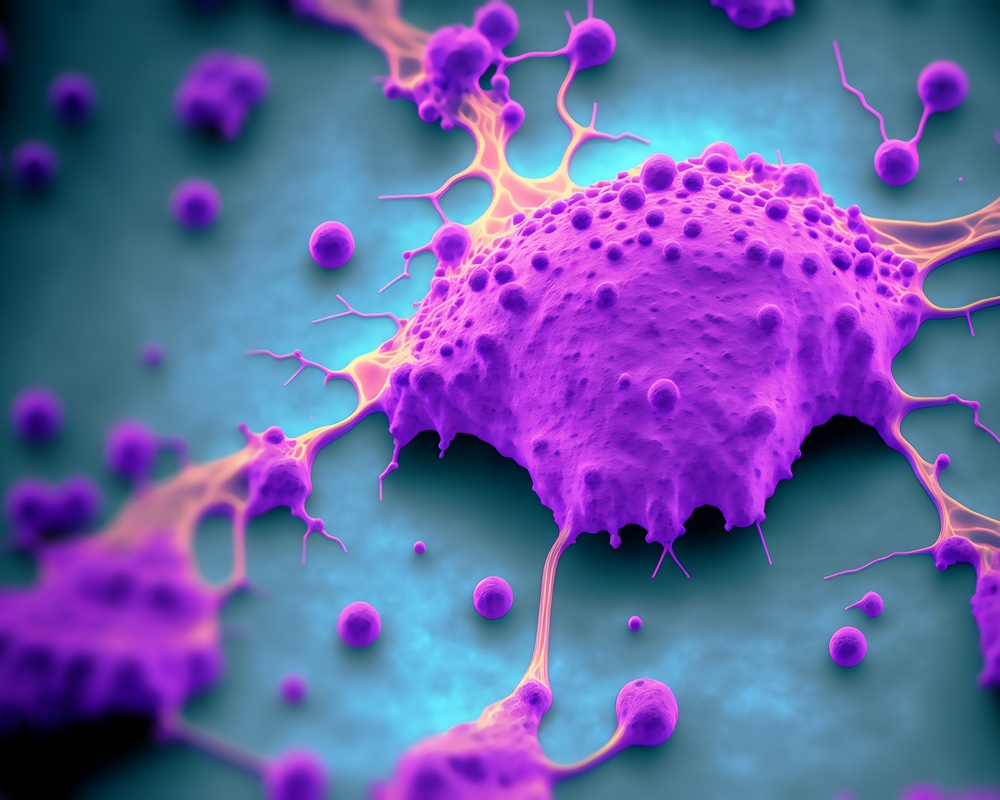
A unique technology developed by researchers at the Weizmann Institute of Science will significantly enhance the effectiveness of cancer treatment and expedite the entire therapy process. Moreover, doctors now have the ability to select specific drugs for individual patients and deviate from standardized approaches that do not always yield positive outcomes. The precision of this innovative test reaches 90%.
The authors of this groundbreaking technology, the company Curesponse, collaborated with Professor Ravid Straussman from the Weizmann Institute of Science. The idea behind the innovation stemmed from a fundamental challenge in modern oncology: even highly effective methods may prove ineffective for certain patients, resulting in side effects and valuable time loss. Standard therapy for many types of cancer, particularly in advanced stages, relies on trial and error. Initially, a patient is prescribed one medication, and if it fails to yield results, it is replaced with another, and so on. The outcome is evident: individuals lose time and suffer not only from the disease itself but also from its side effects. Thanks to the cResponse test, this can finally be avoided.
To conduct the analysis, a microscopic sample of the malignant tumor is required, obtained through biopsy or surgical intervention. Previously, such biomaterial would quickly perish, making it nearly impossible to test the efficacy of drugs on it. However, scientists have now developed a revolutionary technology that not only preserves a viable tumor sample but also grows it in the laboratory. Moreover, the tumor is cultivated not just as cells but as a microstructure with complex connections, nerves, various types of cells, and even microorganisms, fungi, and viruses that naturally exist in the human body. This means that treatment should target not only cancer cells but also this entire “system” comprising the cancerous growth and influenced by numerous factors.
The independently grown tumor, thanks to the new technology, serves as an excellent material for testing the effects of nearly all existing anti-cancer drugs, including biological agents, targeted therapies, and chemotherapy. Thus, even before initiating treatment, doctors can assess the efficacy of all available means for combating a specific type of cancer, select the one that demonstrates the highest effectiveness during testing, and discard unsuitable options. As a result, patients save a significant amount of time and avoid unnecessary treatment attempts with their accompanying consequences.
The cultivation of the tumor in the laboratory takes an average of two weeks. Therefore, within three weeks, both the doctor and the patient can determine the optimal treatment approach and commence a genuinely effective therapy. This methodology can be applied in planning the treatment for practically all common types of cancer, including breast, stomach, lung, colorectal, pancreatic cancer, and others. This truly elevates personalized cancer treatment to a new level.














